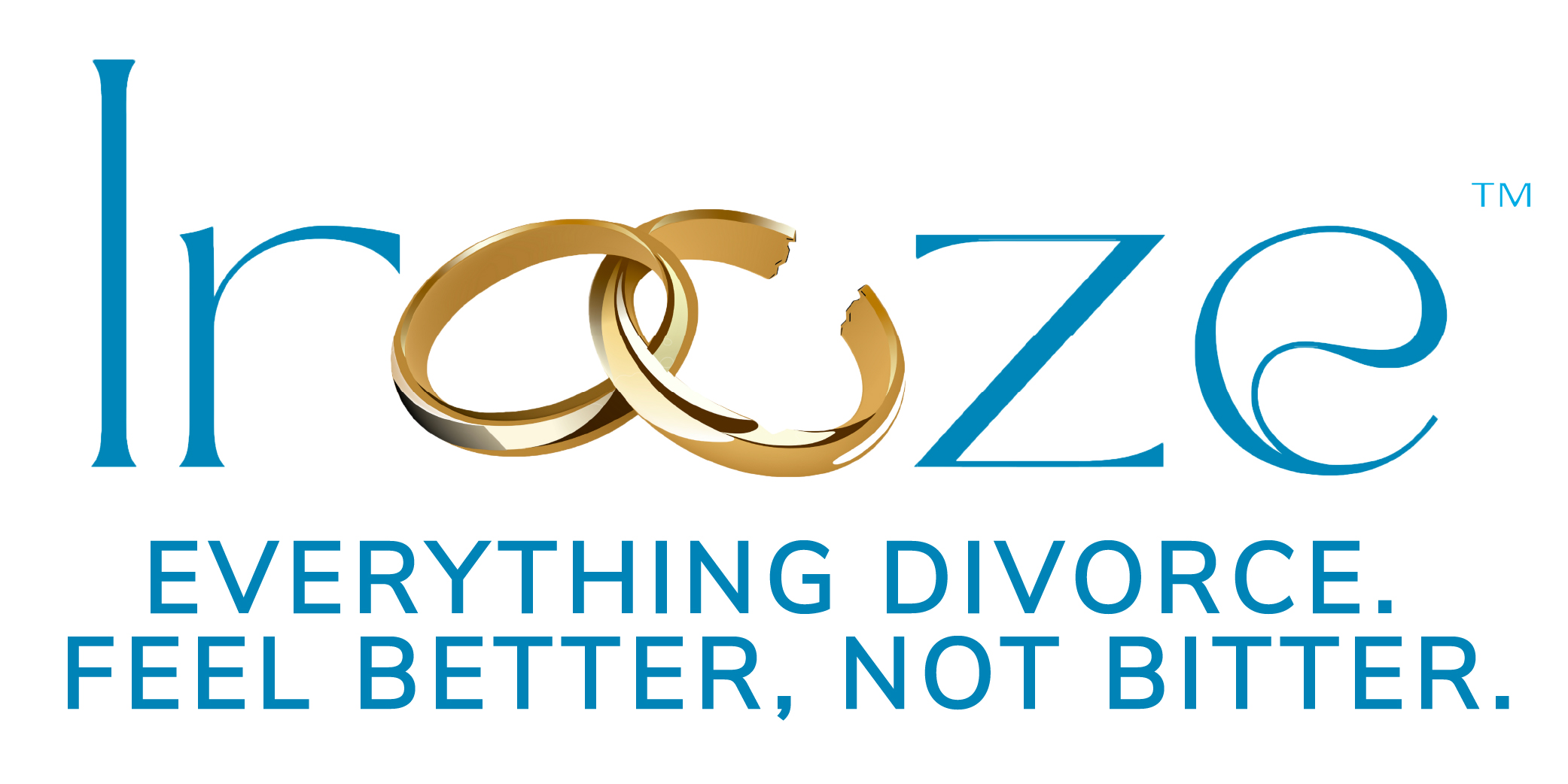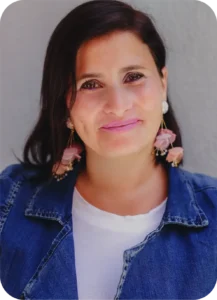Divorce can feel like an emotional roller-coaster, leaving you confused, overwhelmed, and unsure of your next steps. When looking for professional support, many people question whether they need a therapist or should work with a divorce coach. Ultimately, the right choice depends on your specific needs and goals Understanding the difference between the two can help you make the right choice for your healing journey. A divorce coach is a trained professional who helps people manage the emotional, practical, and decision-making challenges of divorce. Unlike therapy, which focuses on healing the past, on the other hand a divorce coach provides future-focused possibilities, structure, and a clear mindset to help you move forward.
Why a Therapist and Lawyer Aren’t Always Enough During Divorce
Many people believe the ideal divorce support system is a “Golden Team” made up of a fierce lawyer and a trusted therapist. While therapy is often helpful, people sometimes leave their sessions still feeling lost. That doesn’t mean therapy isn’t valuable, because it absolutely is for the right person. However, divorce coaching might actually be the missing piece of the puzzle that completes your “Golden Team” and helps people move forward with their shoulder back and head held.
Therapy vs. Divorce Coaching: Key Differences Explained
The main distinction between therapy and coaching comes down to who they help and how they help.
1. Therapy: Healing the Past
- Therapy is designed for people who may have pre-existing mental health conditions such as anxiety, depression, OCD, or bipolar disorder.
- Therapists help uncover deep emotional wounds, past traumas, and patterns that may be influencing current struggles.
- Therapy often involves exploring childhood experiences, past relationships, and deep-rooted emotional pain.
- In some cases, therapy includes medication management to support mental well-being.
2. Divorce Coaching: Moving Forward
- Coaching is for individuals who are mentally strong but struggling with the emotional upheaval of divorce. You can read more in this article on managing your fear during your divorce for strategies to help you stay grounded.
- A coach provides actionable steps, structure, and strategies to help clients transition into their new life. For a closer look staying calm under pressure, take a look at setting your mindset during a high-conflict divorce.
- Instead of diving into the past, coaching focuses on setting goals and making confident decisions for the future.
- A divorce coach is like a personal trainer, guiding you toward emotional and practical independence.
Clients who work with a divorce coach often say they feel less overwhelmed and recover quicker. They find it easier to talk with their ex-partners, co-parent more patiently, and feel more confident in the decisions they make. A divorce coach can even help reduce legal costs by keeping you organized and emotionally steady throughout the legal process.
If you are in a divorce or if you’re facing a high-conflict separation, divorce coaching offers practical support that works alongside your legal and emotional care. This type coach is especially valuable in the transition period when you’re starting to rebuild your life, and your sense of self.
Therapy vs. Divorce Coaching: A Simple Analogy
Think of it this way:
If you break your knee, you need to see a doctor first. The doctor (like a therapist) diagnoses the issue, performs surgery if needed, and prescribes medication for healing. Once your knee has recovered enough, you start physical therapy or work with a fitness coach to regain strength and mobility.
Similarly, therapy helps you heal deep emotional wounds, while coaching helps you regain strength, set goals, and build a fulfilling new life. One isn’t necessarily better than the other—it depends on what you need at this stage in your healing process.
Can a Therapist and Divorce Coach Work Together?
Absolutely! Many people benefit from both therapy and coaching at the same time. Therapy helps process emotions and past trauma, while coaching provides the tools and strategies to rebuild a new life. A divorce coach specializes in the unique emotional and logistical challenges of divorce, helping you regain confidence and take actionable steps toward your future.
Many divorce coaches have been through their own divorce and understand firsthand how coaching can be a game-changer in moving forward.
Is a Divorce Coach or Therapist the Right Fit for You?
Divorce coaching is particularly helpful if you’re dealing with a high-conflict ex, struggling to communicate about parenting schedules, facing decision paralysis about moving or finances, or simply feeling stuck despite your best efforts. It’s ideal for people who are mentally healthy but feel emotionally overwhelmed.
If you’re unsure whether therapy or coaching is the right fit, ask yourself these questions:
- Do I feel stuck reliving past events, struggling with deep emotional pain, or questioning my self-worth? Therapy might be the best option.
- Do I need support in taking action, planning my next steps, and building a new life? Divorce coaching may be the right fit.
- Do I need both emotional healing and structured guidance? Then a combination of therapy and coaching could be beneficial.
The good news is you don’t have to figure it out alone. All the Irooze Coaches offer complimentary consultations to help determine whether coaching, therapy, or both would be best for your unique situation.
To understand the key differences between these two forms of support, take a look at our breakdown of the distinctions between a therapist and a divorce coach.
A Helpful Analogy: Therapy vs. Coaching
Divorce can be overwhelming, but you don’t have to go through it alone. Whether you need deep emotional healing or structured guidance to rebuild your life, there’s support available.
If you’re still unsure, consider reaching out to a professional for a consultation. They can help you assess your needs and guide you in the right direction.
Divorce coaching is available virtually or in person, making it accessible no matter where you live. Whether you’re a busy professional, a stay-at-home parent, or navigating a grey divorce later in life, there’s a coach who understands your unique needs and challenges.
Remember, this is just one chapter of your story. You have the power to create a new, fulfilling life. Take the next step with confidence and book a free consultation with a certified Divorce Coach today.
FAQ: Divorce Coach vs. Therapist
Which Support Is Right for You?
1. What is the difference between a divorce coach and a therapist?
A therapist focuses on emotional healing, exploring your past, and addressing mental health conditions like anxiety, depression, or trauma. In contrast, a divorce coach offers practical, forward-focused support, helping you make decisions, stay organized, and move forward with confidence during your divorce process.
2. How do I know if I need a divorce coach or a therapist?
Ask yourself:
- Am I emotionally stuck, reliving past events, or struggling with self-worth? → Consider therapy.
- Do I need help making decisions, managing co-parenting, or staying organized during my divorce? → A divorce coach may be the better fit.
- Do I want both emotional healing and practical guidance? → You might benefit from both.
3. Can a divorce coach replace a therapist?
No. A divorce coach is not a substitute for a licensed therapist. Coaches do not treat mental health conditions or dive deeply into emotional trauma. They focus on helping emotionally healthy individuals navigate the logistical and relational challenges of divorce.
4. Can I work with a divorce coach and therapist at the same time?
Absolutely. Many people find the combination of therapy and divorce coaching ideal. Therapy helps process deep emotional wounds, while coaching provides structure, goal-setting, and actionable next steps.
5. What kind of support does a divorce coach provide?
A divorce coach helps with:
- Creating a co-parenting plan
- Reducing conflict with your ex
- Making decisions about finances, housing, and custody
- Managing communication and setting boundaries
- Staying emotionally regulated during legal proceedings
6. Is divorce coaching right for high-conflict divorces?
Yes. In fact, divorce coaching is especially effective for high-conflict separations. A coach can help you stay calm, communicate effectively, and reduce legal expenses by keeping you focused and organized.
7. Is divorce coaching covered by insurance?
Generally, divorce coaching is not covered by insurance since it’s not a licensed mental health service. However, the investment often pays off by reducing legal fees, emotional overwhelm, and time spent navigating the divorce alone.
8. How do I find the right divorce coach for my situation?
Look for a certified divorce coach who:
- Has experience with situations similar to yours (e.g., high-conflict divorce, co-parenting, grey divorce)
- Offers a free consultation to assess fit
- Understands the legal, emotional, and logistical aspects of divorce
9. Is a divorce coach or therapist better for emotional recovery after divorce?
Therapists are trained to help with emotional recovery, especially if trauma, depression, or anxiety are involved. However, many people find that a divorce coach helps them regain control and clarity faster when emotional struggles stem from the chaos of divorce rather than mental health disorders.
10. How can I get started with divorce coaching?
Getting started is simple:
- Book a free consultation with one of our certified coaches.
- Begin working with your coach virtually or in person.





